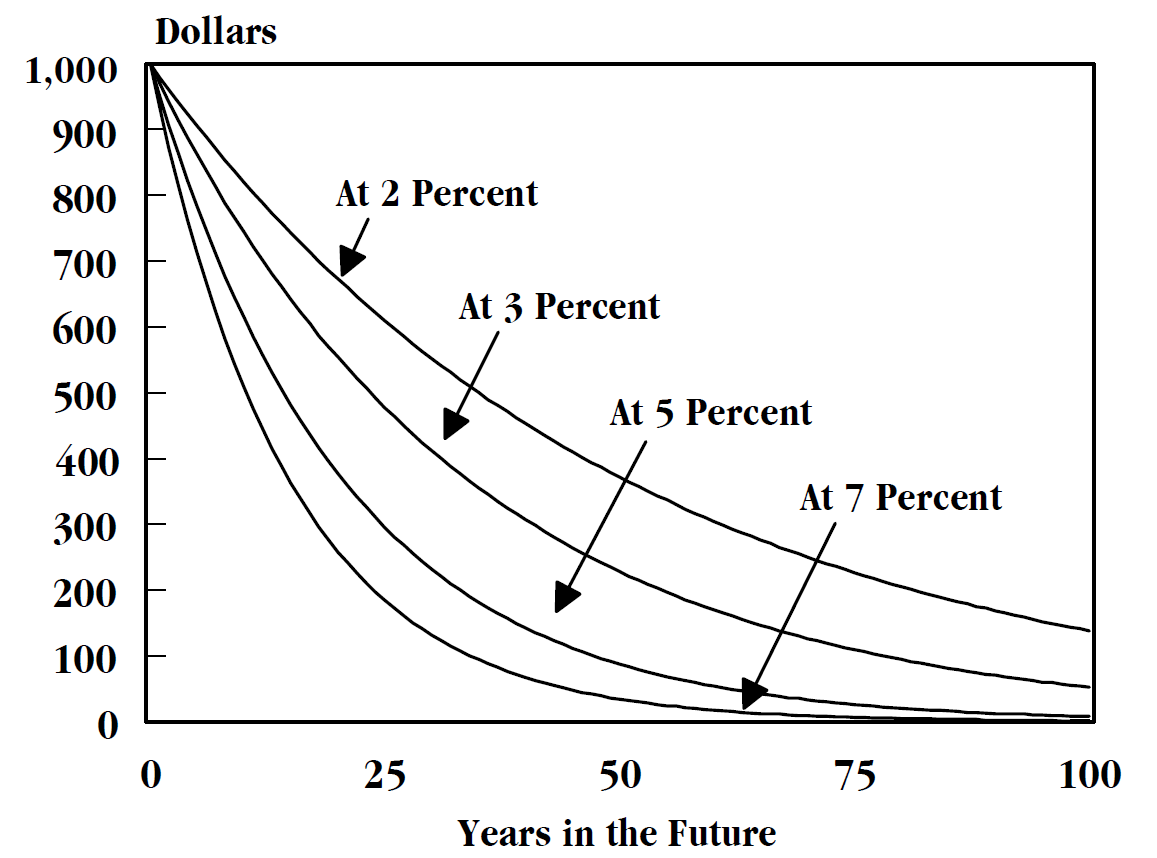|
Egonomics
Egonomics is the idea that "within each individual exists two selves: the past or future self and the present self, constantly at odds, leading to a sort of cognitive dissonance between the two. Both selves exist within us and are equally valid, but aren’t always active at the same time. It’s a natural and ongoing conflict between immediate desire and long-term desires, we call longing." Egonomics is the pursuit of awareness of that longing.Gaurav 2022) Overview ‘Egonomics’, coined by Thomas Schelling in his paper “Egonomics, or the Art of Self-Management”, is a theory which builds upon the observation that individuals place too much emphasis on attaining short-term gratification at the expense of realising future benefits. The novel insight of Schelling's paper comes from his theoretical framing of this fact, proposing that there is a conflict between different ‘selves’ within the mind of the decision maker. From this, Schelling proposed a set of self-management ... [...More Info...] [...Related Items...] OR: [Wikipedia] [Google] [Baidu] |
Cognitive Dissonance
In the field of psychology, cognitive dissonance is described as a mental phenomenon in which people unknowingly hold fundamentally conflicting cognitions. Being confronted by situations that challenge this dissonance may ultimately result in some change in their cognitions or actions to cause greater alignment between them so as to reduce this dissonance. Relevant items of cognition include peoples' actions, feelings, ideas, beliefs, Value (ethics), values, and things in the Natural environment, environment. Cognitive dissonance exists without signs but surfaces through psychological stress when persons participate in an action that goes against one or more of conflicting things. According to this theory, when an action or idea is psychologically inconsistent with the other, people automatically try to resolve the conflict, usually by reframing a side to make the combination congruent. Discomfort is triggered by beliefs clashing with new information or by having to conceptually re ... [...More Info...] [...Related Items...] OR: [Wikipedia] [Google] [Baidu] |
Discounting
In finance, discounting is a mechanism in which a debtor obtains the right to delay payments to a creditor, for a defined period of time, in exchange for a charge or fee.See "Time Value", "Discount", "Discount Yield", "Compound Interest", "Efficient Market", "Market Value" and "Opportunity Cost" in Downes, J. and Goodman, J. E. ''Dictionary of Finance and Investment Terms'', Baron's Financial Guides, 2003. Essentially, the party that owes money in the present purchases the right to delay the payment until some future date.See "Discount", "Compound Interest", "Efficient Markets Hypothesis", "Efficient Resource Allocation", "Pareto-Optimality", "Price", "Price Mechanism" and "Efficient Market" in Black, John, ''Oxford Dictionary of Economics'', Oxford University Press, 2002. This Financial transaction, transaction is based on the fact that most people prefer current interest to delayed interest because of Mortality salience, mortality effects, impatience effects, and Motivational sa ... [...More Info...] [...Related Items...] OR: [Wikipedia] [Google] [Baidu] |
Chimpanzee
The chimpanzee (; ''Pan troglodytes''), also simply known as the chimp, is a species of Hominidae, great ape native to the forests and savannahs of tropical Africa. It has four confirmed subspecies and a fifth proposed one. When its close relative the bonobo was more commonly known as the pygmy chimpanzee, this species was often called the common chimpanzee or the robust chimpanzee. The chimpanzee and the bonobo are the only species in the genus Pan (genus), ''Pan''. Evidence from fossils and DNA sequencing shows that ''Pan'' is a sister taxon to the Human evolution, human lineage and is thus humans' closest living relative. The chimpanzee is covered in coarse black hair but has a bare face, fingers, toes, palms of the hands, and soles of the feet. It is larger and more robust than the bonobo, weighing for males and for females and standing . The chimpanzee lives in groups that range in size from 15 to 150 members, although individuals travel and forage in much smaller grou ... [...More Info...] [...Related Items...] OR: [Wikipedia] [Google] [Baidu] |
Orangutan
Orangutans are great apes native to the rainforests of Indonesia and Malaysia. They are now found only in parts of Borneo and Sumatra, but during the Pleistocene they ranged throughout Southeast Asia and South China. Classified in the genus ''Pongo'', orangutans were originally considered to be one species. In 1996, they were divided into two species: the Bornean orangutan (''P. pygmaeus'', with three subspecies) and the Sumatran orangutan (''P. abelii''); a third species, the Tapanuli orangutan (''P. tapanuliensis''), was identified definitively in 2017. The orangutans are the only surviving members of the subfamily Ponginae, which diverged genetically from the other hominids (gorillas, chimpanzees, and humans) between 19.3 and 15.7 million years ago. The most arboreal of the great apes, orangutans spend most of their time in trees. They have proportionally long arms and short legs, and have reddish-brown hair covering their bodies. Adult males weigh about , while female ... [...More Info...] [...Related Items...] OR: [Wikipedia] [Google] [Baidu] |
Gorilla
Gorillas are primarily herbivorous, terrestrial great apes that inhabit the tropical forests of equatorial Africa. The genus ''Gorilla'' is divided into two species: the eastern gorilla and the western gorilla, and either four or five subspecies. The DNA of gorillas is highly similar to that of humans, from 96 to 99% depending on what is included, and they are the next closest living relatives to humans after the chimpanzees. Gorillas are the largest living primates, reaching heights between , weights between , and arm spans up to , depending on species and sex. They tend to live in troops, with the leader being called a silverback. The eastern gorilla is distinguished from the western by darker fur colour and some other minor morphological differences. Gorillas tend to live 35–40 years in the wild. Gorillas' natural habitats cover tropical or subtropical forest in Sub-Saharan Africa. Although their range covers a small percentage of Sub-Saharan Africa, gorillas c ... [...More Info...] [...Related Items...] OR: [Wikipedia] [Google] [Baidu] |
Precommitment
In psychology, precommitment is a strategy or a method of self-control that a person or organisation may use to restrict the number of choices available to them at a future time. Precommitment may also involve imposing obstacles or additional costs to certain courses of action in advance. Agents may precommit themselves when they predict that their preferences will change but wish to ensure that their future actions will align with their current preferences. Precommitment has been studied as a bargaining strategy in which agents bind themselves to one course of action in order to enhance the credibility of present threats. Some scholars have proposed that collective political groups may also engage in precommitment by adopting constitutions that limit the scope of future legislation. Background In two unrelated articles, both published in 1956, Thomas Schelling and R.H. Strotz introduced the concept of precommitment to the study of strategic bargaining and consumer behavior, re ... [...More Info...] [...Related Items...] OR: [Wikipedia] [Google] [Baidu] |
Human
Humans (''Homo sapiens'') or modern humans are the most common and widespread species of primate, and the last surviving species of the genus ''Homo''. They are Hominidae, great apes characterized by their Prehistory of nakedness and clothing#Evolution of hairlessness, hairlessness, bipedality, bipedalism, and high Human intelligence, intelligence. Humans have large Human brain, brains, enabling more advanced cognitive skills that facilitate successful adaptation to varied environments, development of sophisticated tools, and formation of complex social structures and civilizations. Humans are Sociality, highly social, with individual humans tending to belong to a Level of analysis, multi-layered network of distinct social groups — from families and peer groups to corporations and State (polity), political states. As such, social interactions between humans have established a wide variety of Value theory, values, norm (sociology), social norms, languages, and traditions (co ... [...More Info...] [...Related Items...] OR: [Wikipedia] [Google] [Baidu] |
Precommitment
In psychology, precommitment is a strategy or a method of self-control that a person or organisation may use to restrict the number of choices available to them at a future time. Precommitment may also involve imposing obstacles or additional costs to certain courses of action in advance. Agents may precommit themselves when they predict that their preferences will change but wish to ensure that their future actions will align with their current preferences. Precommitment has been studied as a bargaining strategy in which agents bind themselves to one course of action in order to enhance the credibility of present threats. Some scholars have proposed that collective political groups may also engage in precommitment by adopting constitutions that limit the scope of future legislation. Background In two unrelated articles, both published in 1956, Thomas Schelling and R.H. Strotz introduced the concept of precommitment to the study of strategic bargaining and consumer behavior, re ... [...More Info...] [...Related Items...] OR: [Wikipedia] [Google] [Baidu] |
Opioid Epidemic
The opioid epidemic, also referred to as the opioid crisis, is the rapid increase in the overuse, misuse or abuse, and overdose deaths attributed either in part or in whole to the class of drugs called opiates or opioids since the 1990s. It includes the significant medical, social, psychological, demographic and economic consequences of the medical, non-medical, and recreational abuse of these medications. Opioids are a diverse class of moderate to strong painkillers, including oxycodone (commonly sold under the trade names OxyContin and Percocet), hydrocodone ( Vicodin, Norco), and fentanyl (Abstral, Actiq, Duragesic, Fentora), which is a very strong painkiller that is synthesized to resemble other opiates such as opium-derived morphine and heroin. The potency and availability of these substances, despite the potential risk of addiction and overdose, have made them popular both as medical treatments and as recreational drugs. Due to the sedative effects of opioids on the re ... [...More Info...] [...Related Items...] OR: [Wikipedia] [Google] [Baidu] |
Commitment Device
A commitment device is, according to journalist Stephen J. Dubner and economist Steven Levitt, a way to lock oneself into following a plan of action that one might not want to do, but which one knows is good for oneself. In other words, a commitment device is a way to give oneself a reward or punishment to make what might otherwise become an empty promise stronger and believable. A commitment device is a technique where someone makes it easier for themselves to avoid akrasia (acting against one's better judgment), particularly procrastination. Commitment devices have two major features. They are voluntarily adopted for use and they tie consequences to follow-through failures. Consequences can be immutable (irreversible, such as a monetary consequence) or mutable (allows for the possibility of future reversal of the consequence). Overview The term "commitment device" is used in both economics and game theory. In particular, the concept is relevant to the fields of economics an ... [...More Info...] [...Related Items...] OR: [Wikipedia] [Google] [Baidu] |
Picoeconomics
George W. Ainslie is an American psychiatrist, psychologist and behavioral economist. He is chief Psychiatrist at the Veterans Affairs Medical Center in Coatesville, Pennsylvania and Clinical Professor of Psychiatry at Temple University School of Medicine. Unusual for a psychiatrist, Ainslie undertook experimental animal research in operant conditioning, under the guidance of Howard Rachlin. He investigated inter-temporal choice in pigeons, and was the first to demonstrate experimentally the phenomenon of preference reversal in favor of the more immediate outcomes as the choice point between two options, one delivered sooner than the other, is moved forward in time. He explained this in terms of hyperbolic discounting of future rewards, derived from ideas that Rachlin and others had developed from Richard Herrnstein's matching law. Ainslie then integrated these ideas with earlier experimental and theoretical work on inter-temporal choice, for example the studies of Walter Misc ... [...More Info...] [...Related Items...] OR: [Wikipedia] [Google] [Baidu] |






